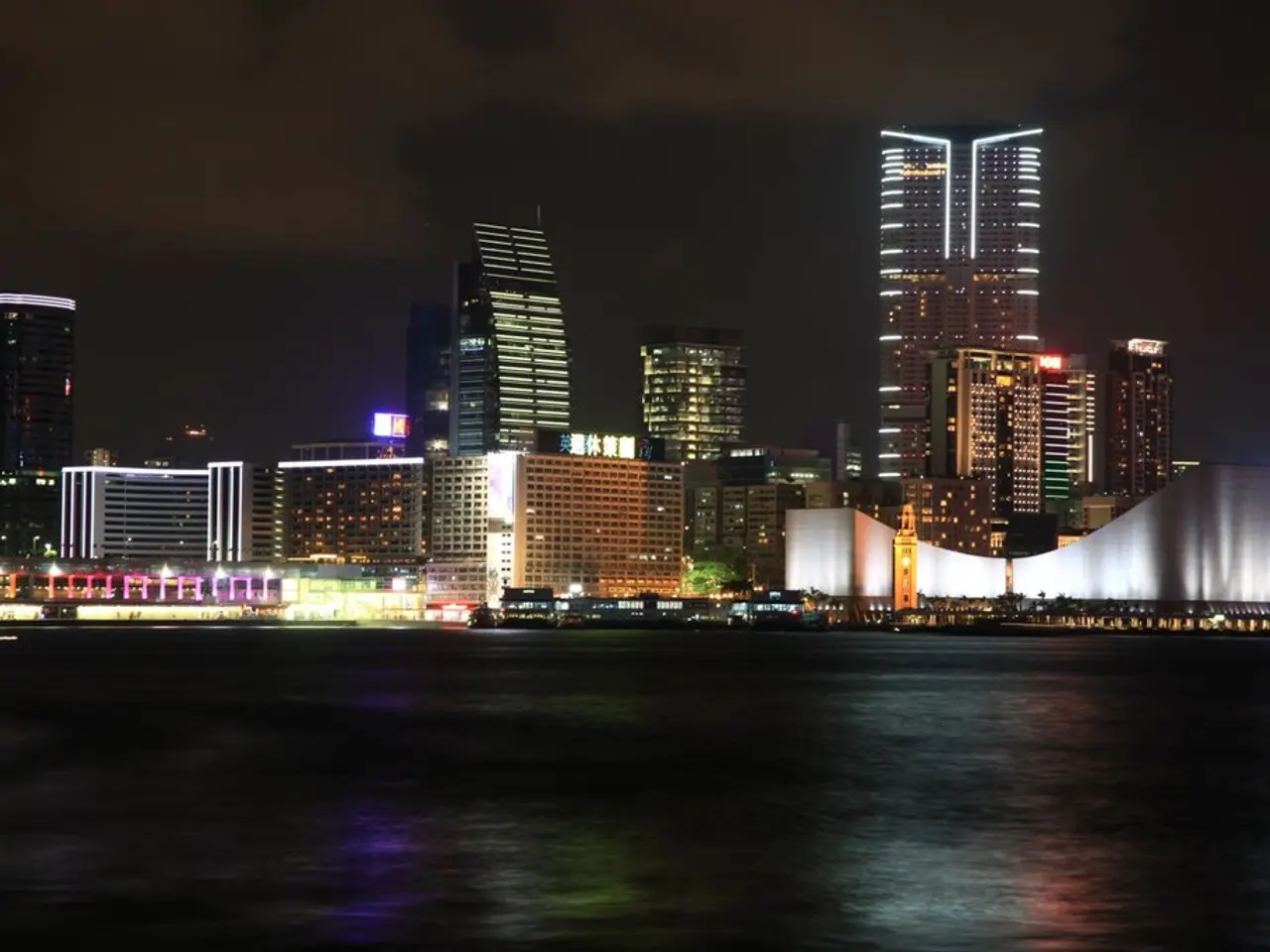Rooftop solar companies Sunnova and Mosaic facing bankruptcy reveal escalating problems in the solar energy sector
The residential solar industry is currently grappling with a series of setbacks, as reported by various research firms and industry associations. According to Wood Mackenzie, U.S. installations of residential solar systems dropped by 31% in 2024 compared to the previous year. This decline marks the sixth consecutive quarter of year-over-year drop in installations, a trend that has put pressure on companies across the sector.
The House of Representatives recently passed a bill that could potentially lead to a significant reduction in solar installations over the next five years. If enacted, this bill would terminate the 30% tax credit for households installing solar panels, batteries, inverters, and associated solar equipment by the end of 2025. The bill also aims to eliminate the tax credit for companies that lease solar panels to households and businesses.
The proposed legislation has added to the financial difficulties faced by companies such as Sunnova and Solar Mosaic. Sunnova, which manages 3 gigawatts of solar and battery systems, filed for Chapter 11 bankruptcy protection on Sunday. Solar Mosaic, a solar lender, followed suit, filing for Chapter 11 bankruptcy protection on Friday.
Both companies cited macroeconomic challenges and legislation that threatens to eliminate tax credits for residential solar as reasons for their financial difficulties. The causes of these difficulties, however, predate the current administration, according to analyst Joe Osha.
Sunnova listed estimated assets and liabilities of $10 billion to $50 billion and debt of $10.67 billion as of Dec. 31. Despite filing for bankruptcy, Sunnova intends to continue operating during the sale process.
The downturn in the residential solar industry has made it difficult for companies to find buyers for solar-backed assets to raise cash to meet debt payments. This is a significant challenge, as the industry is responsible for approximately 5 million rooftop solar systems installed in the U.S. to date, amounting to over 50 gigawatts of generation capacity as of 2024.
The residential solar industry is a significant source of zero-carbon energy. However, it has been facing mounting pressures due to rising interest rates, unfavorable policy shifts in California, and the proposed tax credit removal by Republicans in Congress.
Last year's residential solar sales hit a low not seen since 2021, as reported by the Solar Energy Industries Association in March. The latest data from the association shows a 13% year-over-year decline in the first quarter of 2025, marking six consecutive quarters of decline in residential solar installations.
In recent days, several companies have filed for insolvency, notably including 525 companies in Rhineland-Palatinate during the first half of 2025, with significant increases in sectors such as construction, trade, and manufacturing. For example, the American Diner 'The Last Meal' filed for insolvency in June 2025 but was successfully restructured by September 2025.
Despite these challenges, the residential solar industry remains a vital part of the U.S. energy landscape. It will be interesting to see how the sector navigates these difficulties and what policy changes may be implemented to support its growth in the future. The bill is currently being considered in the Senate, and its outcome could have significant implications for the residential solar industry and the U.S.'s transition to renewable energy.








